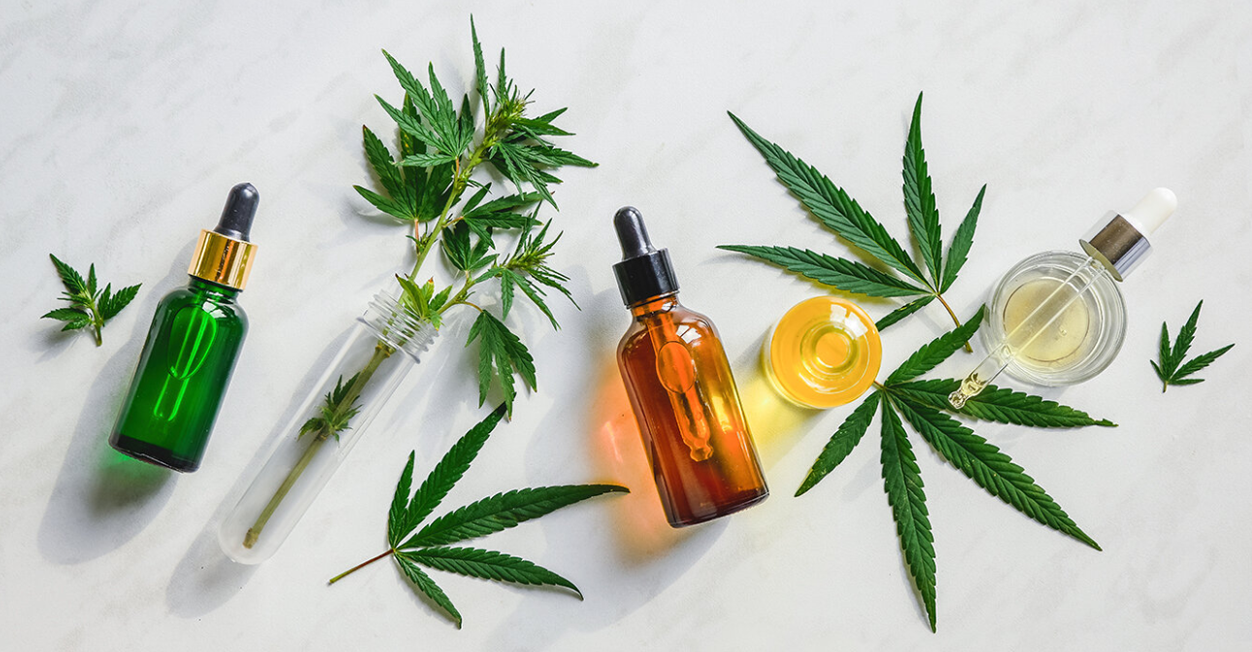
CBD products are extracted from hemp or marijuana, which are essentially the same cannabis plant but are cultivated differently, hemp plants being grown to contain less than 0.3% THC. Numerous clinical trials in which TBI patients are being treated with CBD oil from hemp, which has virtually no THC, are showing positive results.
In the United States, the first big study on cannabinoid treatment for concussion is being done by the University of Miami which received a $16 million grant for the research. The study is a five-year, three-stage study that will assess the effectiveness of a new cannabinoid-based pill to treat concussion injuries. This partnership aims to propel this research and potential treatment forward by using two classes of drugs in a combination that scientists believe will reduce brain inflammation and the immune response. The study will also test the cannabinoid-based pill on a small pilot group of acute and chronic TBI patients.
Another new study being conducted at the University of Miami is investigating if using a pill form of cannabidiol (CBD) and the psychedelic drug psilocybin effectively treats and possibly prevents symptoms of two conditions that commonly occur together: mild traumatic brain injury (mTBI) and posttraumatic stress disorder (PTSD). Up to 40% of people impacted by TBI also suffer from PTSD, according to a University of Miami press release. A pre-clinical trial on animals is in progress. The university expects this phase to last around 9 to 12 months. He hopes to transition to human clinical trials and file the treatment with the FDA in 2021.
A study published in Brain Injury in October 2019 found that even though cannabis use didn’t affect concussion recovery time, cannabis use was associated with a lower symptom burden in the third and fourth weeks after injury.
A December 2018 study in the journal Neurology indicates that medical cannabis (marijuana) helps concussion patients with concussion symptoms, especially pain, mood, sleep, and quality of life. The study also specifies the optimal forms of medical cannabis for the patients in the study, in terms of ratios of CBD to THC, and methods of intake, such as a tincture (oral) or a vapor pen (inhaling).